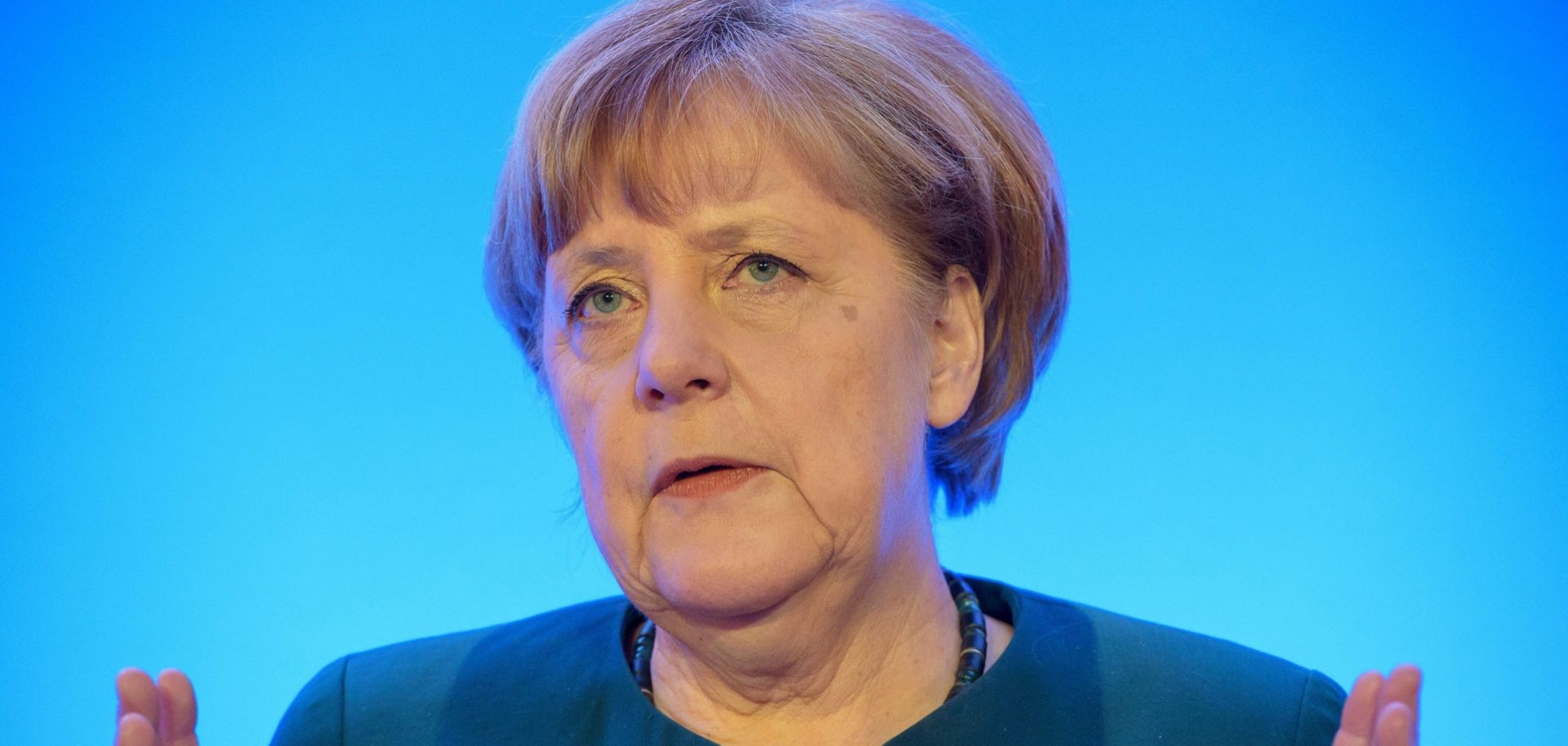ASSESSMENTS
Holding Europe Together in the Age of Trump
Jan 21, 2017 | 14:18 GMT

(OLIVER DIETZE/AFP/Getty Images)
Summary
Germany, like many of its European neighbors, fears that the policies of the incoming U.S. government could change the global order — and not for the better, from where Berlin sits. Chief among Germany's concerns are that U.S. President Donald Trump's administration will make good on his campaign promises to improve relations with Russia, undermine the future of NATO, end Iran's nuclear deal with the West and ignore climate change. But the source of Berlin's biggest anxiety hits a little closer to home: German exports. After all, the Trump administration has already threatened to impose protectionist trade measures (including a 35 percent tariff on U.S. automobile imports) that would deal a heavy blow to Germany's export-based economy.
Either way, the prospect of a colder relationship with Washington is making Berlin nervous, particularly at a time when the European Union is mired in deep political crisis. In the coming months, Germany will doubtless try to strengthen its ties with the new U.S. president, making diplomatic gestures on defense and security issues while trying to dissuade the White House from declaring a trade war against Berlin. But protecting its economy and holding Europe together will not be easy, especially as nationalist rhetoric on the Continent and across the pond gets louder.
Subscribe Now
SubscribeAlready have an account?
